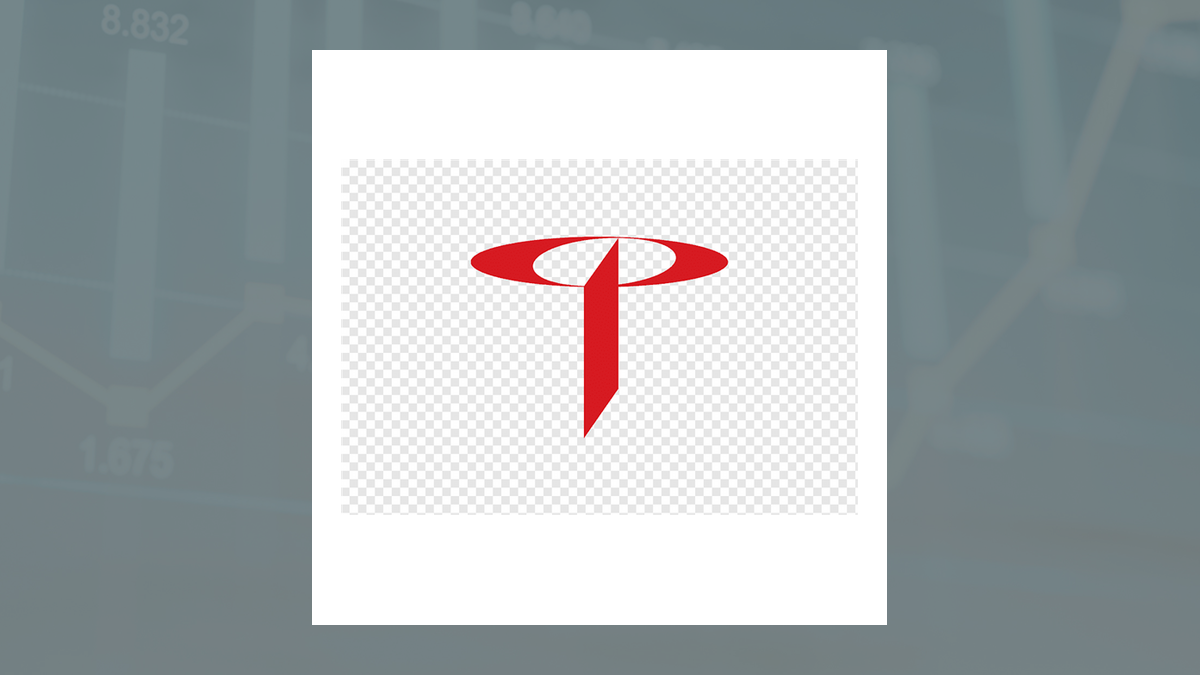
The weight-loss biotech Viking Therapeutics ( VKTX 1.83% ) saw its stock get absolutely slammed on Dec. 18, falling 18% as a result of a new move announced by Merck ( MRK -1.
48% ) . Given that Viking doesn't yet have any products approved for sale, is this the start of the end, or just a rough bump in the road? The market's fears are overblown, but not ungrounded First, let's get to the bottom of what Merck did to provoke Viking's stock into tumbling so much and so quickly. Merck just signed a licensing deal with a biotech based in China so that it could develop and potentially commercialize that company's oral weight-loss candidate, HS-10535.

It paid $112 million in cash. Merck also agreed to pay as much as $1.9 billion in milestone payments, and it's also liable for royalties on sales if the program is ever approved for sale.
At the moment, HS-10535 is in preclinical testing; Merck would make a deal to license the candidate only if the preclinical performance data suggested a very strong chance at meeting the safety and efficacy requirements of clinical trials in human subjects. Therefore, it is highly likely that HS-10535 will be advanced into clinical trials as soon as the business can get permission from regulators to do so. Right off the bat, it's pretty clear why investors dumped Viking's stock.
The arrival of a new major competitor in the burgeoning anti-obesity drug market doesn't bode well for smaller players that haven't established themselves as self-sustaining companies yet. Viking's $930.4 million in cash, equivalents, and short-term investments will keep the lights on for quite some time at its current rate of spending, but Merck's ability to generate earnings from sales of its many commercialized medicines means that it can probably persist in the face of clinical-stage failures for far longer if it chooses to do so.
The biggest company will also doubtlessly be able to tap far more formidable resources devoted to manufacturing, marketing, distribution, and other crucial commercialization activities, not to mention having far more experience with execution. Viking's weight-loss drug, VK2735, is being tested in both an injectable and an oral format, but the oral format is only in the planning stages of its upcoming phase 2 trials, whereas the injected format is soon to advance into phase 3 after a successful phase 2. Assuming Merck advances quickly into the clinic, its candidate will thus be a little bit more than one entire phase behind the oral formulation of VK2735, which would be its most direct competitor if both medicines were eventually approved for sale.
All told, Viking's oral candidate might have a year or so on the market before needing to compete with Merck's option. That should be enough time for it to capture a decent market share , considering that the clinical data so far indicates that VK2735 will likely be more effective at causing weight loss than competing products made by Eli Lilly and Novo Nordisk . As the market for anti-obesity drugs is not yet saturated and is still rising, the presence of those competitors is, all things considered, not very daunting.
For a biotech with zero revenue, that one year on the market would probably be enough to make VK2735 a blockbuster drug , earning more than $1 billion in sales within 12 months and delivering a massive amount of growth to shareholders in the process. And even if Viking's oral formulation does eventually have its market share eroded by a drug from Merck, the injectable formulation of VK2735 could reach the market even sooner if its final trials go as planned. So there is little reason to think that it's game over for Viking, as it still has a clear opportunity to flourish, even if it now has a powerful adversary breathing down its neck.
This is a good time to buy the dip In light of the above, Viking Therapeutics is not itself in trouble right now. The market's reaction to Merck's announcement assumes the very best outcome for its upcoming clinical trials for HS-10535, and it also assumes lackluster performance from VK2735. Thus, if you're looking for an opportunity to buy the dip with Viking Therapeutics, now is a favorable time to do so.
Within a few quarters, it will be reporting preliminary data from its mid- and late-stage clinical trials once more, building up enthusiasm for its shares, assuming the readouts are positive. Hitting a clinical bump in the road won't be the end of the company, either -- and besides, Merck could be the one hitting a bump soon enough..














